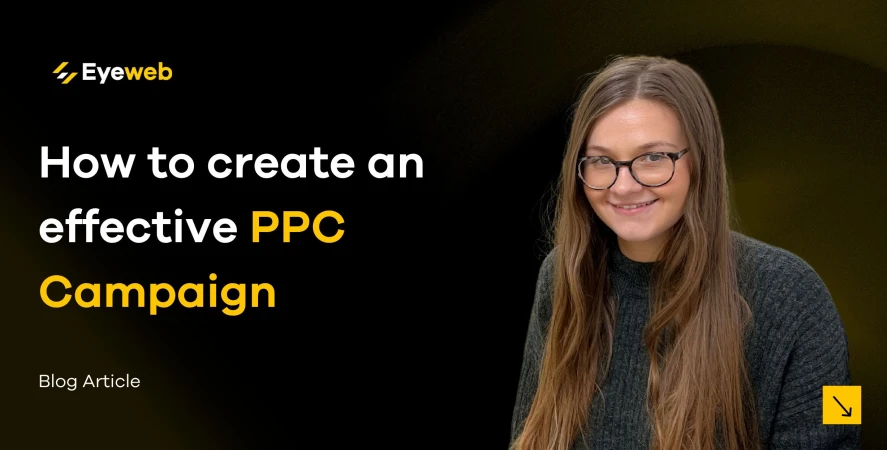When done correctly, Google Ads can help bring more qualified traffic to your website. A Google Ads campaign, also known as a pay-per-click (PPC) campaign, can be a great digital marketing strategy that not only drives relevant traffic to your website but also helps generate sales leads and attract potential customers. Creating a well-structured Google Ads campaign can significantly boost online presence and deliver great results. In this article, we'll explore some best practices to create an effective Google Ads campaign that will maximise your return on investment.
Define Your Objectives
Before jumping straight into creating a Google Ads campaign, it is important to define your objectives clearly. Do you want to increase website traffic? Perhaps you want to generate leads and boost sales? Establishing your goals will help develop the correct strategy and effectively monitor your success.
Keyword Research
Conducting keyword research plays a crucial role in a successful Google Ads campaign. The process involves identifying keywords and phrases that are relevant to your target audience and campaign objectives. There are a number of keyword research tools, such as Google Keyword Planner and SEMrush, that can be used to explore keywords with high search volumes and can also make suggestions of other key phrases your audience may be searching for.
Create Powerful Ad Content
When creating your ad copy, capturing your audience's attention and enticing them to click on your ads is essential. Start with something that has an attention-grabbing headline that includes your relevant keywords. Then include some persuasive ad descriptions highlighting your products' or services' unique selling points, such as 'Free UK Delivery' or 'Excellent Customer Service'.
It's important to remember to align your ad copy to the relevant landing page to ensure a seamless user experience and maintain consistency throughout the conversion process.
Structuring your Ad Groups
In order to optimise performance, it's important to organise your Google Ads campaign into well-structured ad groups. Ad groups allow you to group keywords, write targeted ad copy and select the most appropriate landing pages. By creating tightly themed ad groups, you can tailor your ads to specific keywords and improve their relevancy. Taking these steps can lead to higher click-through rates (CTR) and better conversion rates.



